My friend Miles was bowling in a festival of wandering cricket clubs in Oxford the other day. First wicket down and in walked an immaculately turned out Japanese gentleman. As he took guard, he turned to the slips and said, ‘I’m the best batsman in Japan.’ Miles’s first ball he edged to the keeper, and tucking his bat under his arm he said to the slips again, ‘But I’m also the only batsman in Japan.’ Ah, cricket, lovely cricket.
It’s a long way from the Ashes and Jonathan Trott collapsing from unspecified stress issues or Michael Clarke snarling at England’s No. 11 batsman, Jimmy Anderson for heaven’s sake, to ‘get ready for a broken fucking arm’.
Is this really what people want out of cricket? If sport just becomes some manifestation of screwed up nationalism or thwarted machismo, then it starts to lose any value. It’s fine that these teams don’t like each other; some of the players in the same dressing room don’t like each other either. But winning and losing with grace make sport the finest expression of human endeavour. A spicy Test series is great, and this Ashes is already wildly more thrilling than last summer’s. But it’s just bloody cricket, the greatest game. Don’t mess it up, guys.
We can see why Clarke did what he did — because Australia now has a genuinely menacing, potentially damaging and unquestionably very fast weapon in Mitchell Johnson. But quite how Johnson has turned from a slightly laughable, overinked figure whose mum was worried about his girlfriend into the most scary bowler in the world is beyond me. It can’t just be his Zapata moustache, can it?
As one England team contemplates a tricky future, time to pay due respect to another England side that grows from strength to strength. Stuart Lancaster has now finished his second year in charge of the England rugby union team, and he has done three things for this England side, all of which I think come from his background as a schoolmaster. First, he has brought back respect, from the players for each other, for their fans and for the press too, which had been lacking in the Martin Johnson era. Lancaster has got the players to shake hands with journalists before every press conference: it’s much harder to knife someone who has been nice to you. They are a good bunch of guys — most rugby men are — and as a result Lancaster hopes the public will get behind them. He believes in a One England philosophy; the players are our representatives: they know when they walk out they will have a lot of people on their side. And all the stuff he has done in the dressing room, with each peg having a list of the most capped players in each position, is part of the same thing, building respect for history, for tradition.
Second, it is a very honest side. The egos that were there under Johnson are well buried. Players put their hands up when they make mistakes, and after their only bad match under Lancaster, the thrashing by Wales, they did not try to make excuses. Laudable in a side so young.
Which is Lancaster’s other great strategy, renewing the side. Whatever they say about the 2015 World Cup being their goal, this really could be a team for 2016–2019. Even by the next World Cup they won’t have much more than 400 caps to their name (Lancaster has said a World Cup winning team needs about 600 caps). Lancaster has cleared out the old guard and now the next generation, the likes of Launchbury, Marler, the Vunipolas, Wade, Yarde, Twelvetrees, have to learn on the job. It is a thrilling prospect, let’s hope we keep faith even if they don’t win the 2015 World Cup.
Got something to add? Join the discussion and comment below.
Get 10 issues for just $10
Subscribe to The Spectator Australia today for the next 10 magazine issues, plus full online access, for just $10.


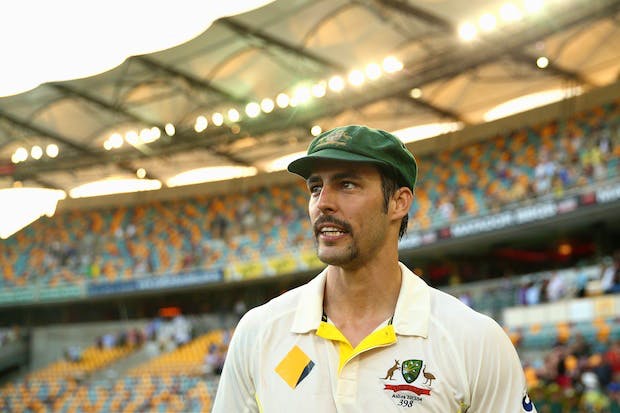
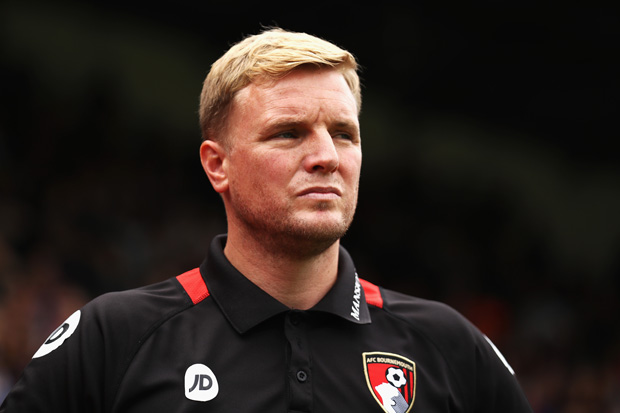
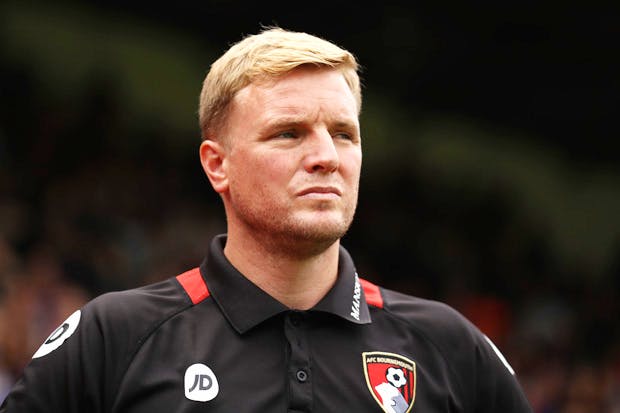
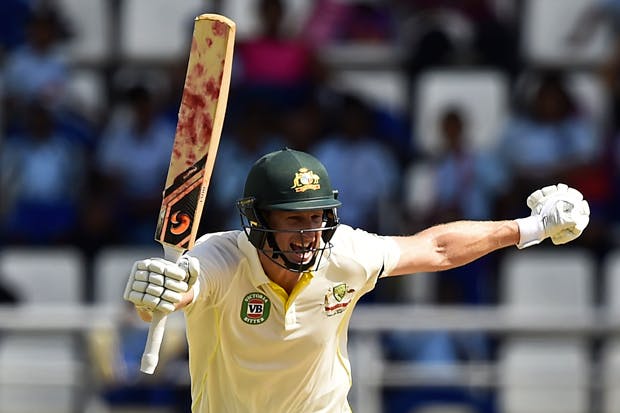
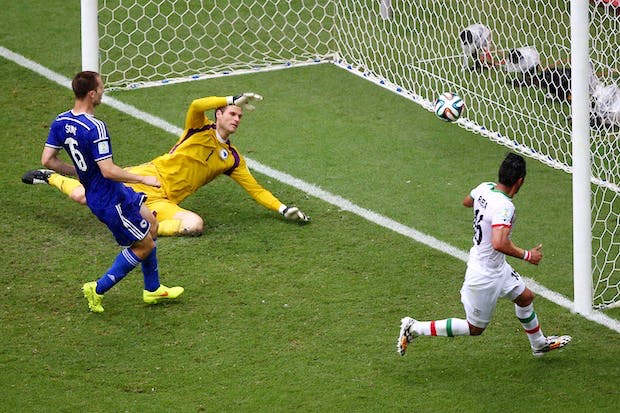
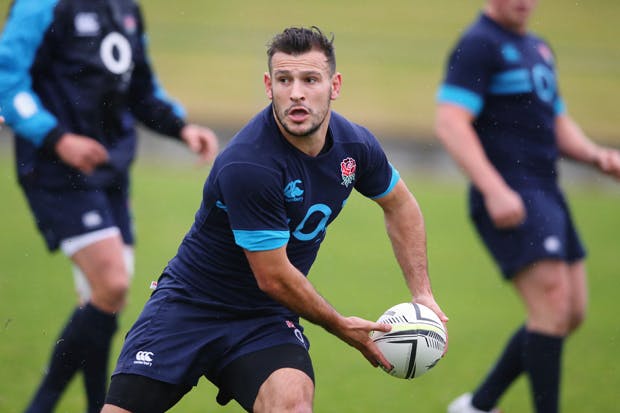







Comments
Don't miss out
Join the conversation with other Spectator Australia readers. Subscribe to leave a comment.
SUBSCRIBEAlready a subscriber? Log in